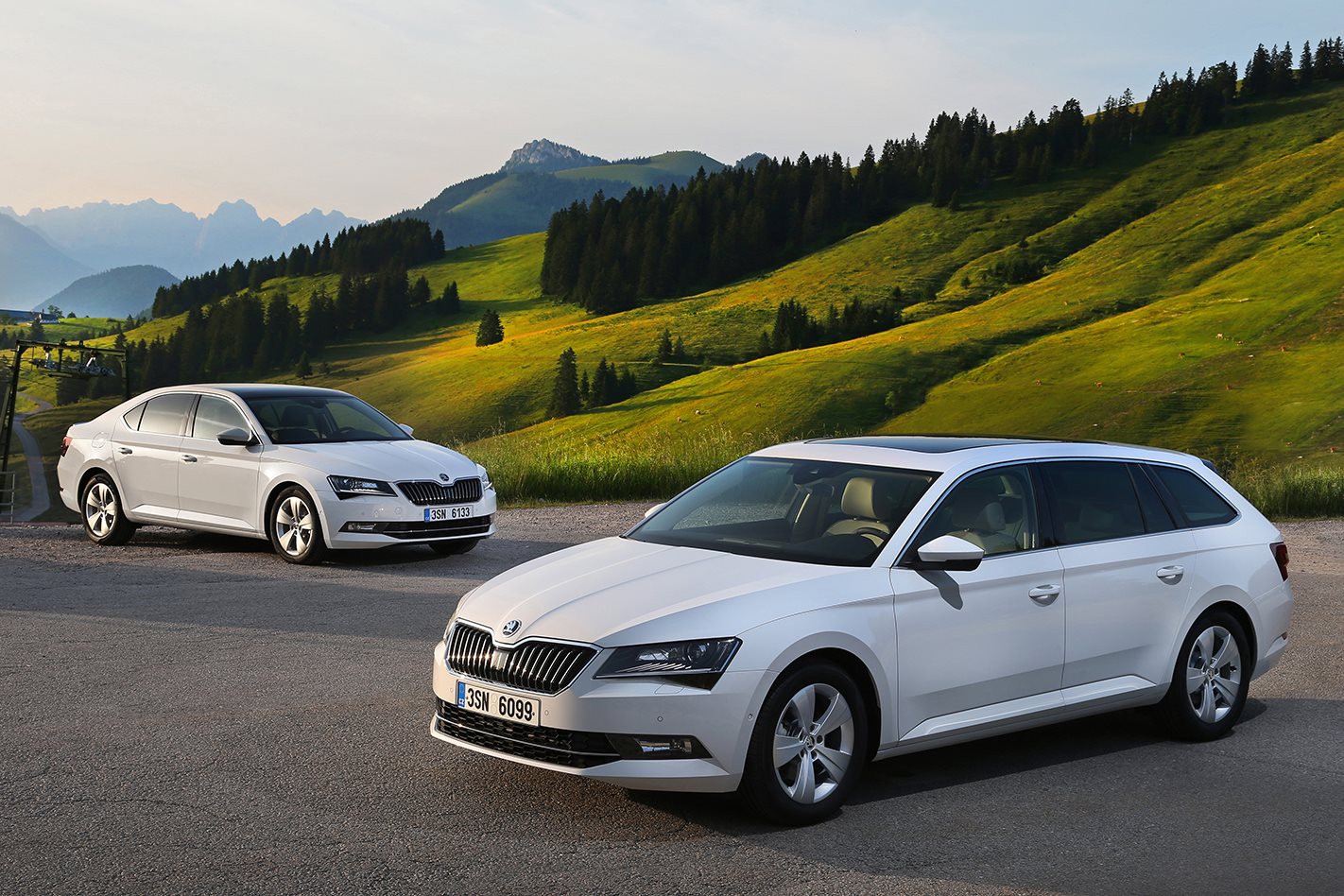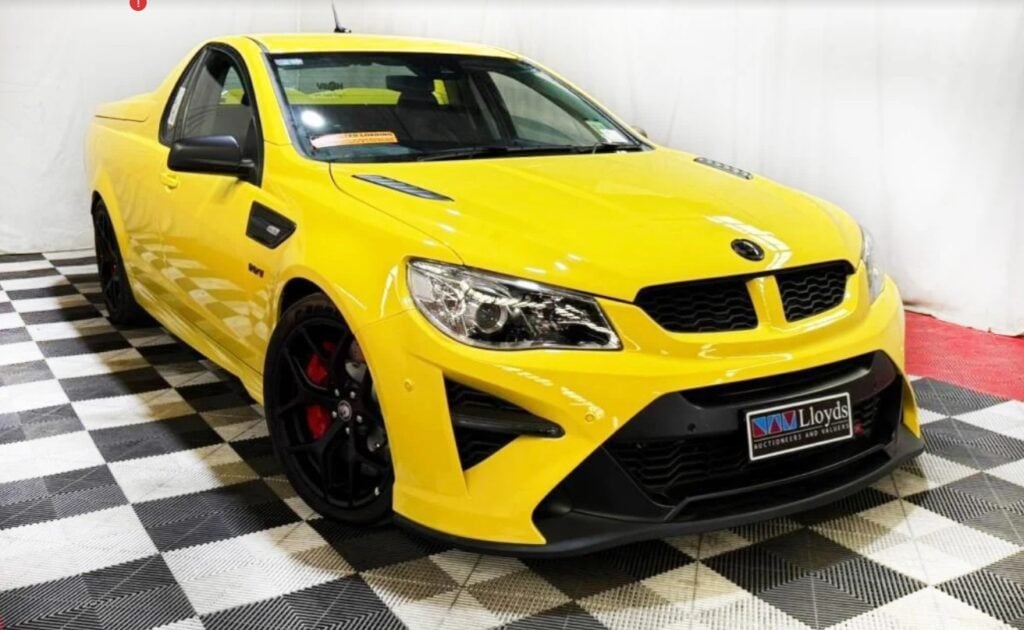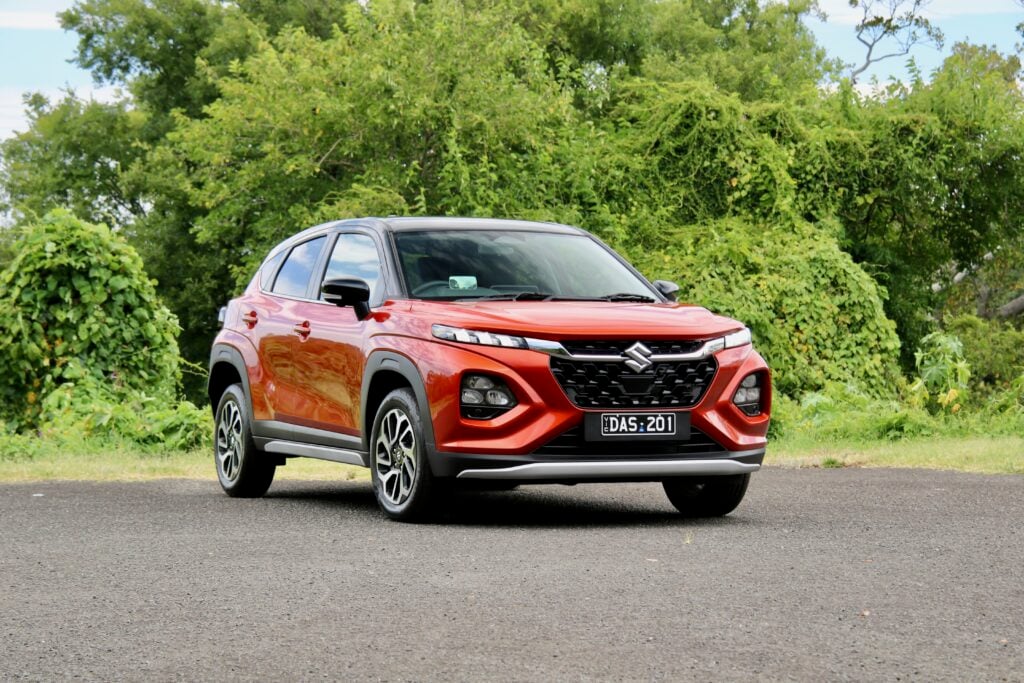BROWSE comments underneath stories about electric vehicles and you’ll usually come across the EV sceptics insisting that the notion of a car driving around emissions-free is a fallacy, because of the energy used to produce the electricity which charges the batteries.
Vehicle emissions for conventional cars are measured on a ‘tank-to-wheel’ basis, which only measures the energy consumed to drive the wheels. However, critics argue that if you really want to reduce C02 emissions, a ‘well-to-wheel” approach would consider the energy required to produce the fuel.
Numerous studies have found that EVs are usually more efficient, even when measured on a well-to-wheels basis. However, car manufacturers such as Mazda and Skoda argue the efficiency gap is significantly reduced compared with tank-to-wheels, and could be closed altogether with a new breed of frugal turbocharged petrol engines.
Mazda is already working on a successor to its next-gen Skyactiv-X engines, which it claims will be every bit as clean as an electric powertrain on a well-to-wheels basis.
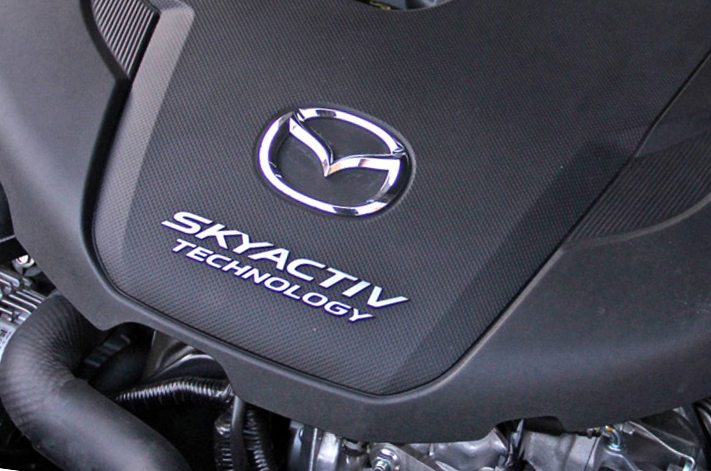
By contrast the average petrol engine has a thermal efficiency of 20-25 percent, while the current efficiency crown is currently held by the engine at the back of the 2017 Mercedes-AMG Formula 1 cars, which were rated at 50 percent.
Hitomi’s faith in ultra-efficient combustion powertrains is shared by his Skoda counterpart, who is calling for the European Union to broaden the scope of emission regulations to consider a well-to-wheels approach, as the implementation of strict Euro 7 emission laws for Europe draws nearer.
Skoda is committed to producing EVs and hybrids to comply with Euro 7. However, its head of chassis and powertrains Martin Hrdlicka (pictured) told AutoCar the well-to-wheels approach provided car makers with more ways to reduce CO2 emissions than simply relying on battery electric vehicles (BEVs).
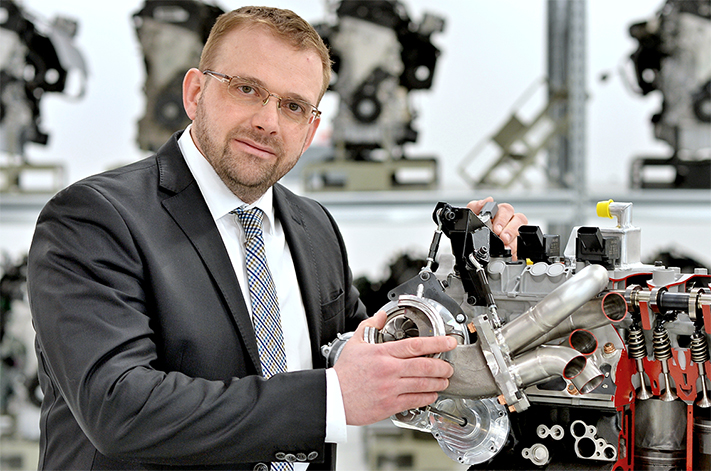
“We think there are different possibilities, but at the moment it’s difficult to use them. The regulations mean for 2025-30 we have to produce BEVs, because of how they measure the regulations.
“We’re thinking about the whole, wider context. In the end, CO2 reduction is the goal, and it depends on the mix of energy going in if BEV is truly clean or not.”
The counter-argument to well-to-wheels-, or cradle-to-grave-based CO2 ratings is that they don’t take into account that power generation is becoming increasingly efficient as more countries embrace renewables such as wind and solar.
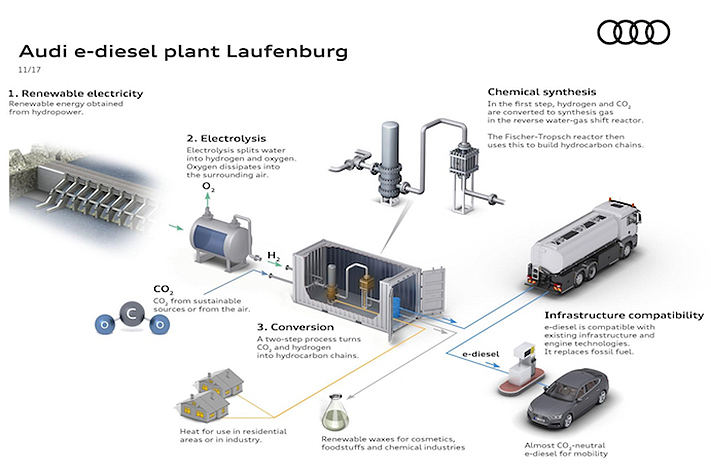
“If we can produce and use this clean, green natural gas, petrol or diesel energy, it would reduce cradle-to-grave CO2 production, and has the advantage that current cars could use this clean fuel immediately – there would be no need to wait for new [EV] technology,” Hrdlicka told Autocar.


